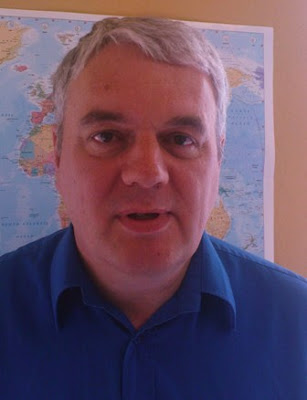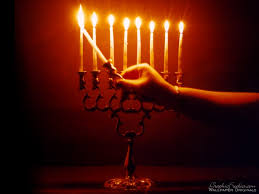
The following is taken from Sister Wendy Beckett's book "Sister Wendy Beckett on Prayer"
Do you want to pray?
One year- I forget the details- the Lenten sermons at St Patrick’s in New York were given by a famous Jesuit who took prayer for his theme. He was much admired, but the compliment that stuck in his memory was that of an old priest who seemed to regard the very number and length of his sermons as constituting, per se, a sort of brilliant tour de force. ‘Because as you know, Father’, he said, (dropping his voice conspiratorially) ‘prayer’s the simplest thing out.’ I hope the famous Jesuit did know, because the simplicity of prayer, its sheer, terrifying uncomplicatedness, seems to be the last thing most of us either know or want to know.
We can do anything except actually praying
It is not difficult to intellectualise about prayer. Like love, beauty and motherhood, it quickly sets out eloquence aflow. It is not difficult, but it is perfectly futile. In fact, those glowing pages on prayer are worse than futile; they can be positively harmful. Writing about prayer, reading about prayer, talking about prayer, thinking about prayer, longing for prayer and wrapping myself more and more in these great cloudy sublimities that make me feel so aware of the spiritual: anything rather than actually praying. What am I doing but erecting a screen behind which I can safely maintain my self esteem and hide away from God?
What do you really want?
Ask yourself: what do I really want when I pray? Do you want to be possessed by God? Or, to put it the same question more honestly, do you want to want it? Then you have it. The one point Jesus stressed and repeated and brought up again is that, ‘Whatever you ask the Father, He will grant it to you.’ His insistence on faith and perseverance are surely other ways of saying the same thing: you must really want it, it must engross you. Wants that are passing, faint emotional desires that you do not press with burning conviction, these are things you do not ask ‘in Jesus’ name’; how could you? But what you really want, ‘with all your heart and soul and mind and strength’, that Jesus pledges himself to see that you are granted.
He is not talking only, probably not even primarily, of ‘prayer of petition’, but of prayer. When you set yourself down to pray, what do you want? If you want God to take possession of you, then you are praying. That is all prayer is.
God wants to love us and give us God's self
The astonishing thing about prayer is our inability to accept that if we have need of it, as we do, then because of God’s goodness, it cannot be something that is difficult. Accept that God is good and that your relationship with Him is prayer and you must conclude that prayer is an act of the utmost simplicity. Yet so many people seem to feel that there is some mysterious method, some way in that others know, but they do not. ‘Knock and it shall be opened to you’: they seem to believe that it needs some sort of Masonic knock and their own humble tapping will go unnoticed. What kind of God thinks of tricks, lays down arcane rules, makes things difficult? God wants to love us and to give us Himself. He wants to draw us to himself, strengthen us, and infuse His peace. The humblest, most modest, almost imperceptible rubbing of our fingers on the door, and it flies open.
Nothing more to say
Prayer is the last thing we should feel discouraged about. It concerns nobody except God- always longing only to give Himself to us in love- and my own decision. And that too is God’s, ‘who works in us to will and to effect’. In a very true sense there is nothing more to say about prayer, ‘the simplest thing out.’
Questions for Reflection
What does the prayer mean for me?
Who is God for me?
What does God see, when God is looking at me?
Does anything I have read above resonate with me and my experience of prayer?














